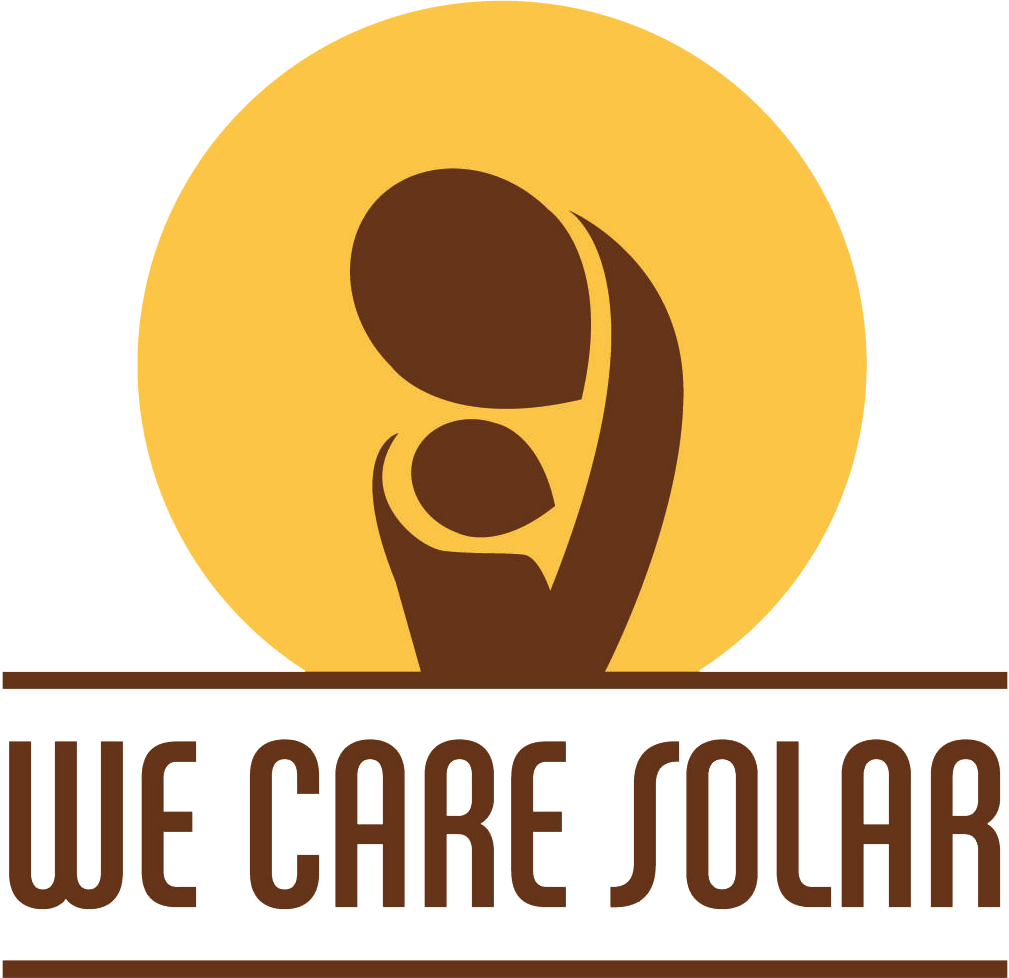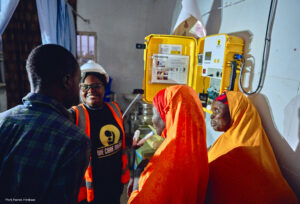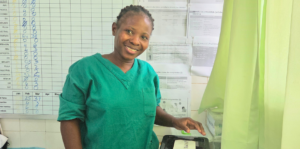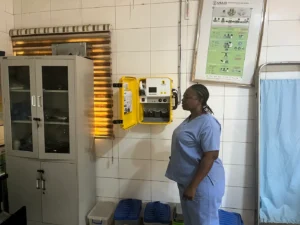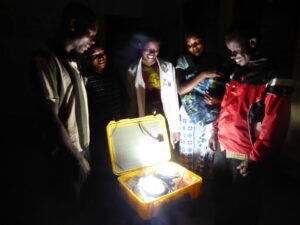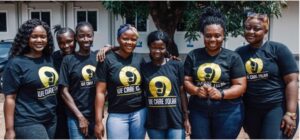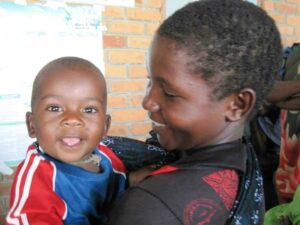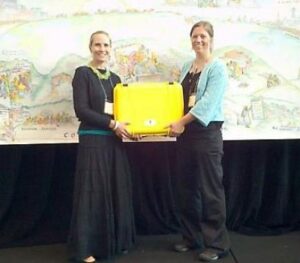 We Care Solar has an opportunity to transform Ugandan maternal health care under a new award entitled Saving Lives at Birth: A Grand Challenge for Development. We Care Solar partnered with African Medical Research Foundation (AMREF) Uganda and the White Ribbon Alliance to create an integrative solution for maternal health care in Southwest Uganda, and was selected as one of three recipients of a “transition-to-scale” grant.
We Care Solar has an opportunity to transform Ugandan maternal health care under a new award entitled Saving Lives at Birth: A Grand Challenge for Development. We Care Solar partnered with African Medical Research Foundation (AMREF) Uganda and the White Ribbon Alliance to create an integrative solution for maternal health care in Southwest Uganda, and was selected as one of three recipients of a “transition-to-scale” grant.
Winners were announced in Seattle at the 2012 Development XChange event. The We Care Solar partnership project also won the Peer Choice Award, voted by the innovators themselves.
The international Saving Lives at Birth competition drew more than 500 entries from nearly 60 countries and is a collaboration among five organizations: the US Agency for International Development (USAID), the Bill & Melinda Gates Foundation, Grand Challenges Canada, the Government of Norway, and the Department for International Development (DFID) in the United Kingdom. The World Bank is an affiliate partner.
Solar Suitcase As a Power Hub
The We Care Solar, AMREF Uganda, and White Ribbon Alliance project, entitled Saving mothers and babies with reliable solar power, will bring Solar Suitcases to 200 health centers in Southwest Uganda. The suitcase will serve as a hub to power light for medical care at night, a fetal Doppler to detect fetal well-being, phone charging to enhance patient referrals, and a computer for data management and continuing education.
The Saving Lives at Birth Grand Challenge set out to find innovations that could have a dramatic impact on reducing maternal mortality. “We are accustomed to advances in computers and cell phones that leapfrog existing solutions,” stated Saving Lives at Birth on its website. “The Saving Lives at Birth Challenge is about nurturing that same energy and innovation to the challenge of protecting mothers and newborns in the poorest places on earth during their most vulnerable hours.”
Leapfrogging Conventional Approaches
In particular, the challenge asked for innovations addressing three main domains: (1) technology; (2) service delivery; and (3) ‘demand side’ innovation….”
The Saving mothers and babies with reliable solar power project meets all three aspects of the challenge. It includes a technological innovation – the Solar Suitcase integrated platform – to enable better service delivery, as well as community based education and advocacy to increase demand for skilled care.
In addition to funding, the Saving Lives at Birth grant winners will receive “support and networking assistance from each of the [funding] partners, engage with other innovators, and participate in high-level meetings including the Gates Foundation’s annual Grand Challenges in Global Health meeting,” according to the Grand Challenges in Global Health website.
The intent of the transition-to-scale funds, the funders state, is “to develop, refine, and rigorously test the impact of integrated solutions that have previously measured promising health outcomes in a controlled or limited setting and have the potential to credibly scale to improve the lives of millions of pregnant women and newborns in multiple countries.”
At the 2012 Development XChange event, We Care Solar Co-Founder Laura Stachel presented the proposal to technical reviewers and met with other finalists during two days of workshops. We Care Solar’s Ilinisa Hendrickson and Carol Weis (pictured in the photo, from left to right) were on hand to demonstrate the suitcase and to receive the award.
